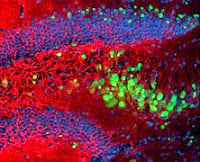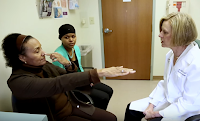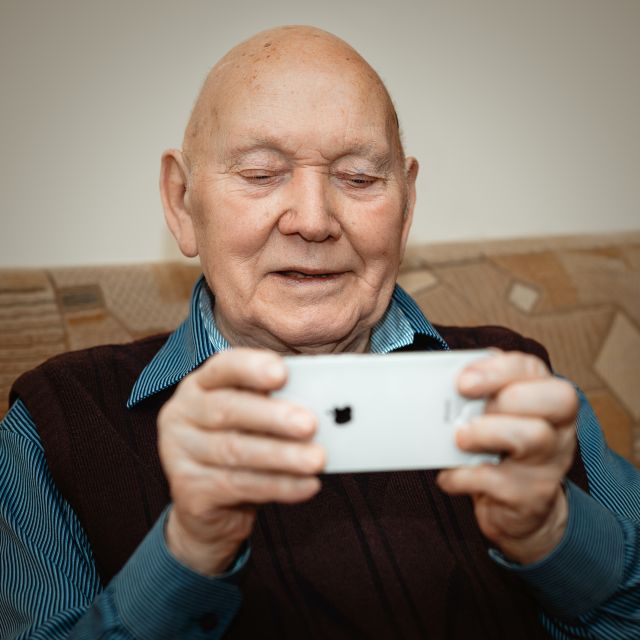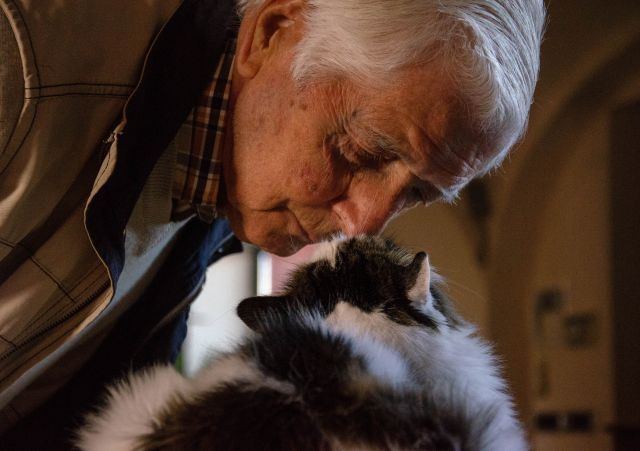
Alzheimer’s Infamous APOE Gene
Most of the time, it takes a combination of genetics, bad environment and unhealthy lifestyle to trigger Alzheimer’s. However, one gene called apolipoprotein E (APOE) can make a big difference.

Most of the time, it takes a combination of genetics, bad environment and unhealthy lifestyle to trigger Alzheimer’s. However, one gene called apolipoprotein E (APOE) can make a big difference.

What to ask and expect when going for a memory, Alzheimer’s or dementia diagnosis.

Beta-amyloid and tau proteins have long been considered the culprits behind Alzheimer’s. Yet many people have plenty of amyloid and tau protein, but no Alzheimer’s. Is TDP-43 the reason why?

85-year-old Betty Wallwork was diagnosed with Alzheimer’s. But it wasn’t true. Find out why.

DIAGNOSING MCI – VIDEO: Worried about memory? Many of us notice serious memory or thinking slips that don’t really affect our daily routines. Is it


2 VIDEOS & ARTICLE: Doctors detected what they believe is a single molecular change that could act as the starting point for Alzheimer’s. See Dr.

UNDERSTANDING ALZHEIMER’S – VIDEO & ARTICLE: IS IT TIME, after 35 years, for Alzheimer’s researchers to change course? In 1984, the “Amyloid Hypothesis” fingered amyloid-beta

NEWS VIDEO + ARTICLE: In Alzheimer’s, patients are often unable to remember recent experiences. An M.I.T. study with mice suggests those memories are still stored

TOP-RATED VIDEO: This excellent 8-minute quick-course clearly outlines key facts about Alzheimer’s. Learn what happens, who it affects and how it works.

EMERGENCIES due to falling happen 54% more often in dementia. As a rule, 1-in-3 adults over 65 fall each year. Most falls happen at home. Make a few simple changes and prevent falls.

Researchers find that a diet including more fruit, vegetables, beans and tea or coffee lowers the risk of developing dementia later in life. Learn more.

Researchers find education and intellectual stimulation appear to activate a genetic program in the brain that promotes resistance to cognitive decline. Find out more.

Researchers in Florida find that robotic pet cats improve mood, behavior and cognition in older adults with mild to moderate dementia. Find out more.

Ketone-rich diets increase the SIRT3 protein that protects neurons from death during the progression of Alzheimer’s disease. But how does it work? Find out more.

Memory failing? New research shows you may need help, but not for dementia. Memory slips, stress and fatigue are growing in people with healthy memory.

People worry about becoming forgetful. Is it the first sign of Alzheimer’s or just the passing years? After all, forgetfulness is a normal part of aging. Check out these quick ways to tell the difference.
No spam, only news and updates.


